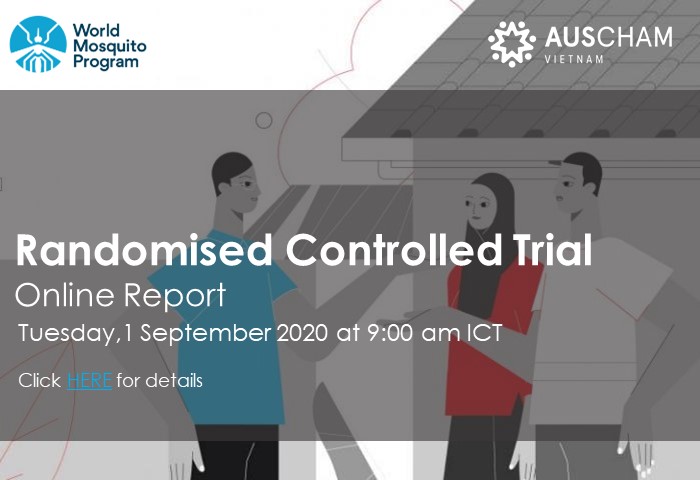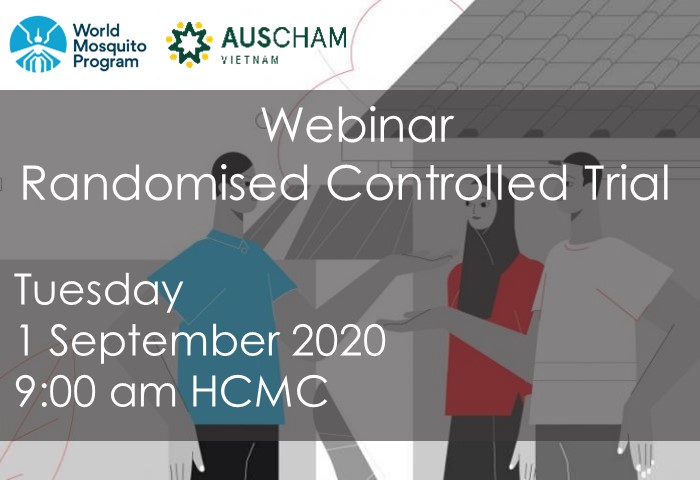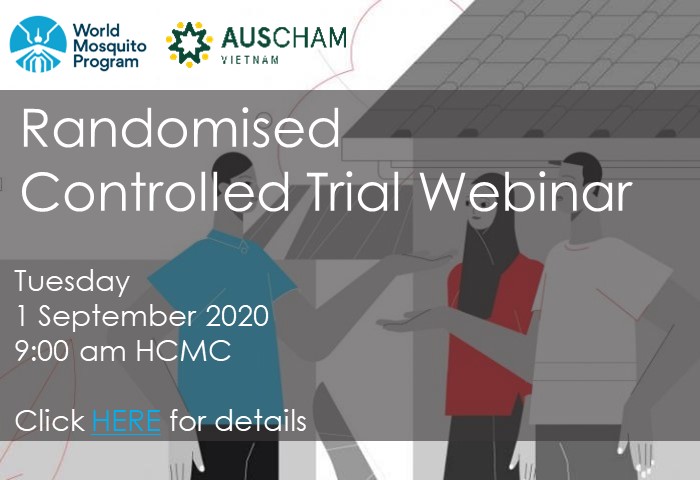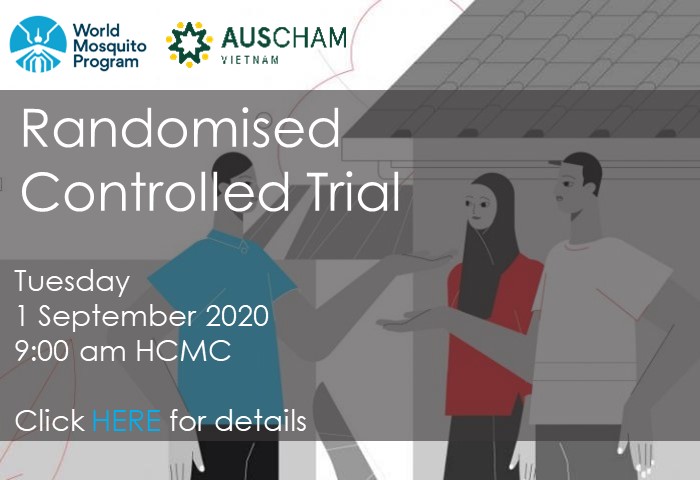In order to measure the efficacy of our Wolbachia method, we partnered with the Tahija Foundation and Gadjah Mada University to conduct a cluster randomised controlled trial (RCT) in Yogyakarta City, Indonesia.
The aim of the 3-year study was to determine whether large-scale deployment of Wolbachia-infected Aedes aegypti mosquitoes leads to a reduction in dengue incidence in a densely populated urban setting.The top-line resultThe result shows a 77% reduction in dengue incidence in Wolbachia treated areas compared with untreated areas. The cluster randomised controlled trial is considered a gold-standard method for evaluating the efficacy of health interventions delivered at the community level.
This is welcome news for the community of Yogyakarta and a major step forward for the World Mosquito Program as we move closer towards our target of reaching 75-100 million people over the next five years.
This top-line result is being shared with you today but is embargoed until August 26, 11:30 am AEST. The result will be formally announced on August 26, with a follow up scientific paper and conference presentation scheduled for the coming months.Presenter: Professor Cameron Simmons - Director of the WMP Oceania hubDate & Time: 9:00 AM | Tuesday, 1 September 2020
Please click this URL to start or join. https://monash.zoom.us/j/94079477435?pwd=YzFMTVdyWFVLQ3ZUTFlKMms5WGpzUT09 Or, go to https://monash.zoom.us/joinMeeting ID: 940 7947 7435
Password: 769211
Please reach out to Enrica Longo to RSVP and for any information.
Click HERE to download Communication Toolkit
- About Us
- Advocacy
- Membership
- Sponsorship
- Events
- Resources
- AusHub
- Contact Us




